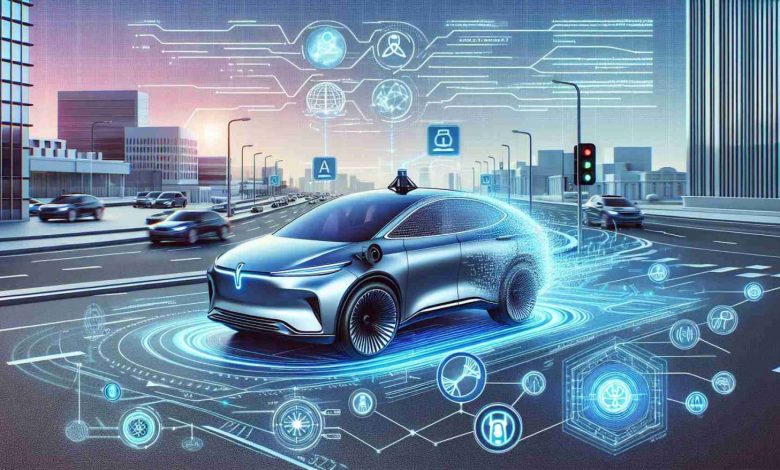Generative AI: Technology set to transform self-driving cars

Technology: Innovation is on the horizon as Toyota’s top scientist Gil Pratt explores the possibilities of generative AI in the field of autonomous driving. Recently, Pratt shared interesting information during a media interview, indicating that future generative AI applications could significantly reduce the data requirements needed to reduce the risk of collisions. However, he recognized public concerns about the acceptance of self-driving technology, especially when accidents occur. Competition in the auto industry is increasing, with manufacturers such as Sony and Honda already collaborating with tech giant Microsoft.
They are integrating an advanced dialogue system into their upcoming electric vehicle, AFEELA, which aims to enhance the user experience by tailoring the vehicle’s environment to drivers’ preferences, as well as incorporating self-driving features. Pratt, who has an impressive background as a former MIT professor and Department of Defense researcher, addressed the complexities surrounding the social acceptance of autonomous vehicles. He suggested that while humans often empathise with errors made by others, it is uncertain how society will react to failures involving machines. As the race for cutting-edge autonomous technologies heats up, the focus is moving beyond mere technological advancement. Issues related to responsibility, social acceptance and the economic implications of these innovations are becoming important discussions. It appears that for self-driving technology to gain mainstream acceptance, a broad societal dialogue is necessary.





